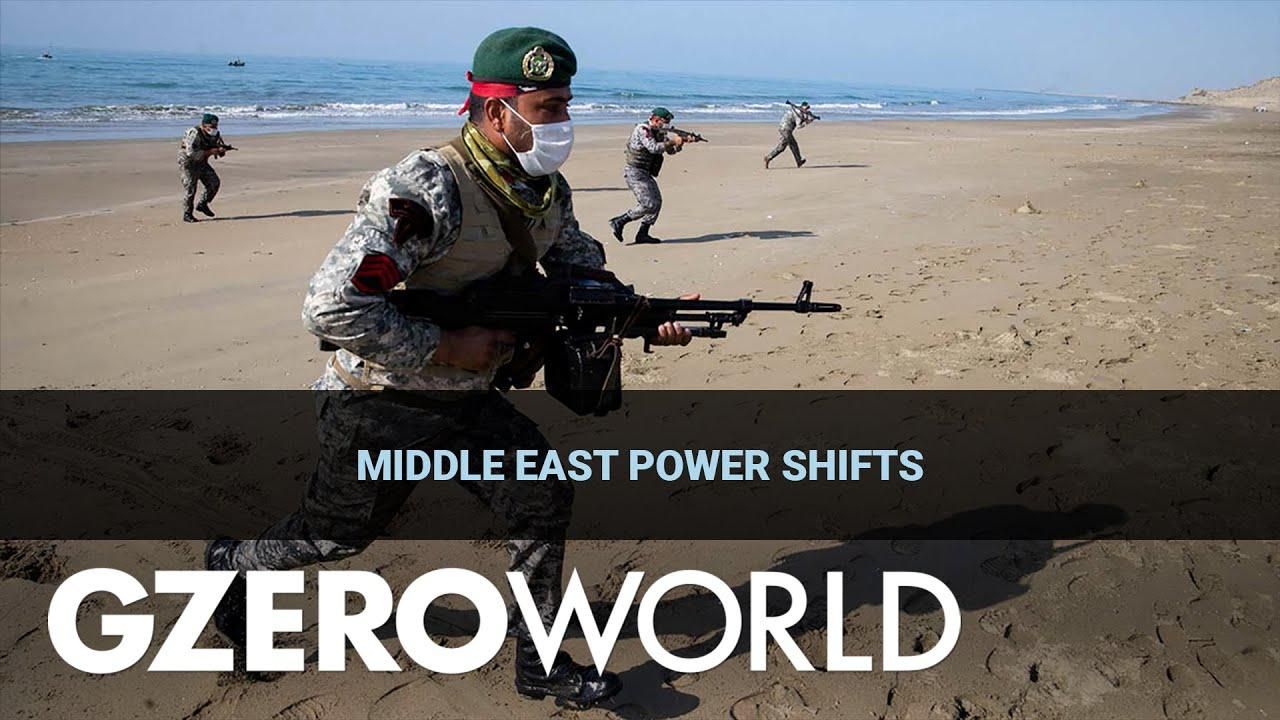GZERO World with Ian Bremmer
Is the US misjudging the Middle East’s power shifts? Vali Nasr's view

Is the US Misjudging the Middle East’s Power Shifts? | Vali Nasr | GZERO World with Ian Bremmer

"Pivot to Asia." It was the catchphrase floating around Washington DC's foreign policy circles in 2009 when President Obama first took office. And yet twelve years later, the Middle East continues to consume the attention of the United States' military and diplomatic efforts. Now President Biden is determined to change that, and to turn Washington's attention to Asia once and for all as he moves to confront a growing China. But according to Johns Hopkins University Middle East scholar Vali Nasr, President Biden's approach to the Middle East will have to adapt to the once-in-a-generation power grab occurring between Iran, Israel, and Turkey while Arab nations in the region increasingly lose influence.
Xi Jinping has spent three years gutting his own military leadership. Five of the seven members of the Central Military Commission – China's supreme military authority – have been purged since 2023, all of whom were handpicked by Xi himself back in 2022.
In this episode of GZERO Europe, Carl Bildt examines how an eventful week in Davos further strained transatlantic relations and reignited tensions over Greenland.
In this episode of "ask ian," Ian Bremmer breaks down the growing rift between the US and Canada, calling it “permanent damage” to one of the world’s closest alliances.
For China, hitting its annual growth target is as much a political victory as an economic one. It is proof that Beijing can weather slowing global demand, a slumping housing sector, and mounting pressure from Washington.